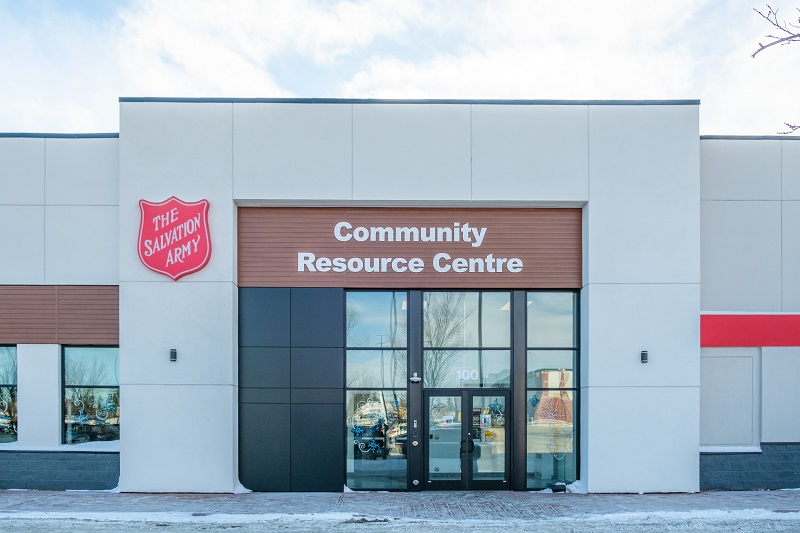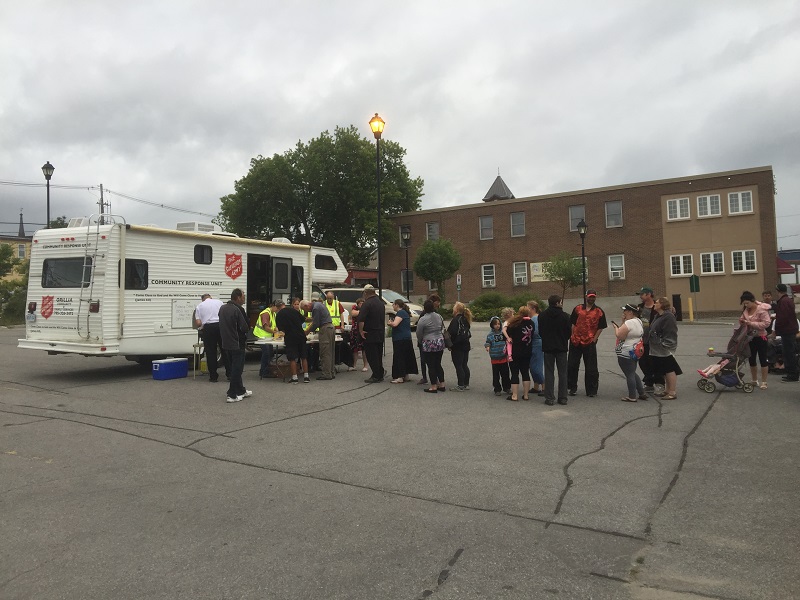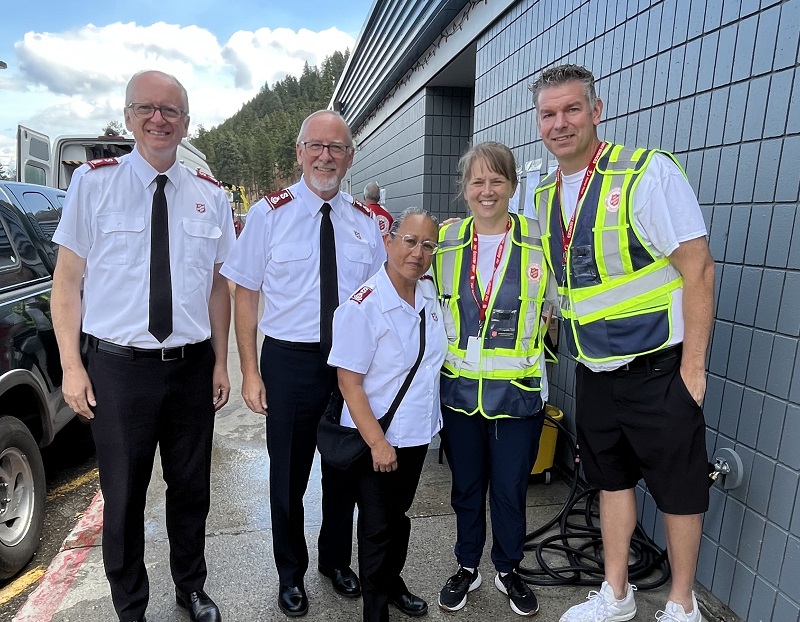The Salvation Army Responds to Hurricane Irene
As residents deal with the aftermath of Irene, a massive storm that pounded the U.S. East Coast, Salvation Army Emergency Disaster Services Personnel continue their significant response efforts.
• Salvation Army resources, including dozens of mobile canteen units each able to serve more than 1,500 meals per day, are on the move throughout the East Coast and inland, responding to calls from federal, state and local agencies requesting assistance. This work ranges from feeding at shelters to providing drinking water at nursing homes to handing out pillows and blankets to National Guard troops.
• Crews in the Outer Banks of North Carolina have deployed to feed more than 2,400 people stranded on the barrier islands with food, water and other immediate needs.
• A Salvation Army canteen able to serve more than 500 people moved into the flood-stricken town of Ludlow, VT to provide meals for emergency workers and survivors.
• At Stewart Air Force Base in Newburgh, New York, The Salvation Army handed out blankets, pillows and sheets to National Guard troops deployed to help with the response.
• The Salvation Army has already served some 15,000 meals to first responders and evacuees in New Jersey.
• Three canteens have served nearly 2,000 meals and snacks as well as cleanup kits throughout the Philadelphia and Delaware region.
• The Salvation Army in New York City has secured 1,000 clean-up kits for deployment to the Mid-Hudson region.
• The Salvation Army is serving meals and delivering clean-up kits to hundreds of people in Greenfield, MA and other flooded towns in the western part of the state.
• In the southern United States – from the Carolinas to Maryland The Salvation Army has served more than 60,000 meals, snacks and drinks and handed out hundreds of clean-up kits.
Monetary donations are the most critical need as supplies and personnel are mobilized.
The Salvation Army is committed to respond not just to short-term needs, but also long-term recovery efforts in impacted regions.



